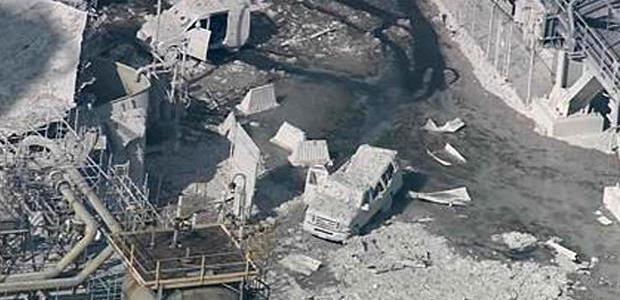
Cal/OSHA Cites ExxonMobil Refining & Supply After Torrance Explosion
The agency issued 19 citations and $566,600 in proposed penalties, with 18 of the citations classified as serious.
Cal/OSHA on Aug. 13 issued 19 citations to ExxonMobil Refining & Supply Company for safety and health violations following the agency's investigation into the Feb. 18, 2015, explosion at the company's Torrance refinery. Four workers were injured; the proposed penalties total $566,600.
Cal/OSHA classified 18 of the citations as serious "due to a realistic possibility of worker death or serious injury," with six of those serious violations also classified as willful because Cal/OSHA found the company did not take action to eliminate known hazardous conditions at the refinery and intentionally failed to comply with state safety standards. ExxonMobil Refining & Supply has 15 working days to appeal the citations to the Occupational Safety and Health Appeals Board.
"Petroleum refineries have the responsibility to keep workers safe and to also protect nearby communities and the environment," said Christine Baker, director of the California Department of Industrial Relations. She said the investigation "revealed severe lapses in Exxon's safety protocols."
The explosion resulted from a hydrocarbon release from the refinery's fluid catalytic cracker unit into its electrostatic precipitator, which exploded. Eight workers were decontaminated after the incident and four were treated for minor injuries.
Cal/OSHA said the investigation concluded that:
- A 2007 safety review uncovered concerns about flammable vapor leakage in the precipitator, and management knew of potential fire or explosion hazards from the leakage but did not correct the danger.
- ExxonMobil Refining & Supply's incident response team, which included senior management, was aware of a leaking spent slide valve on the FCC unit before the explosion occurred.
- The FCC unit had not been working properly for as many as nine years prior to the incident, and there was no functional pressure transmitter, so the company was unable to monitor hydrocarbon pressure buildup inside the unit.
- There was no written operating procedure for placing the FCC unit in hot standby.
Cal/OSHA issued an order prohibiting use of the FCC unit on Feb. 18. The order remains in effect until ExxonMobil Refining & Supply can demonstrate that the unit is safe to operate.